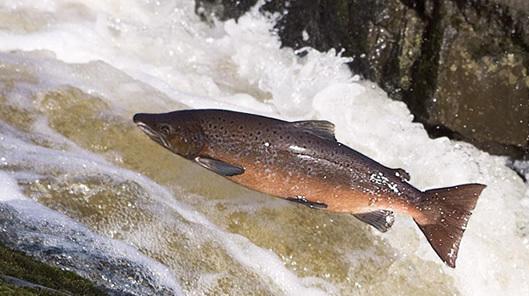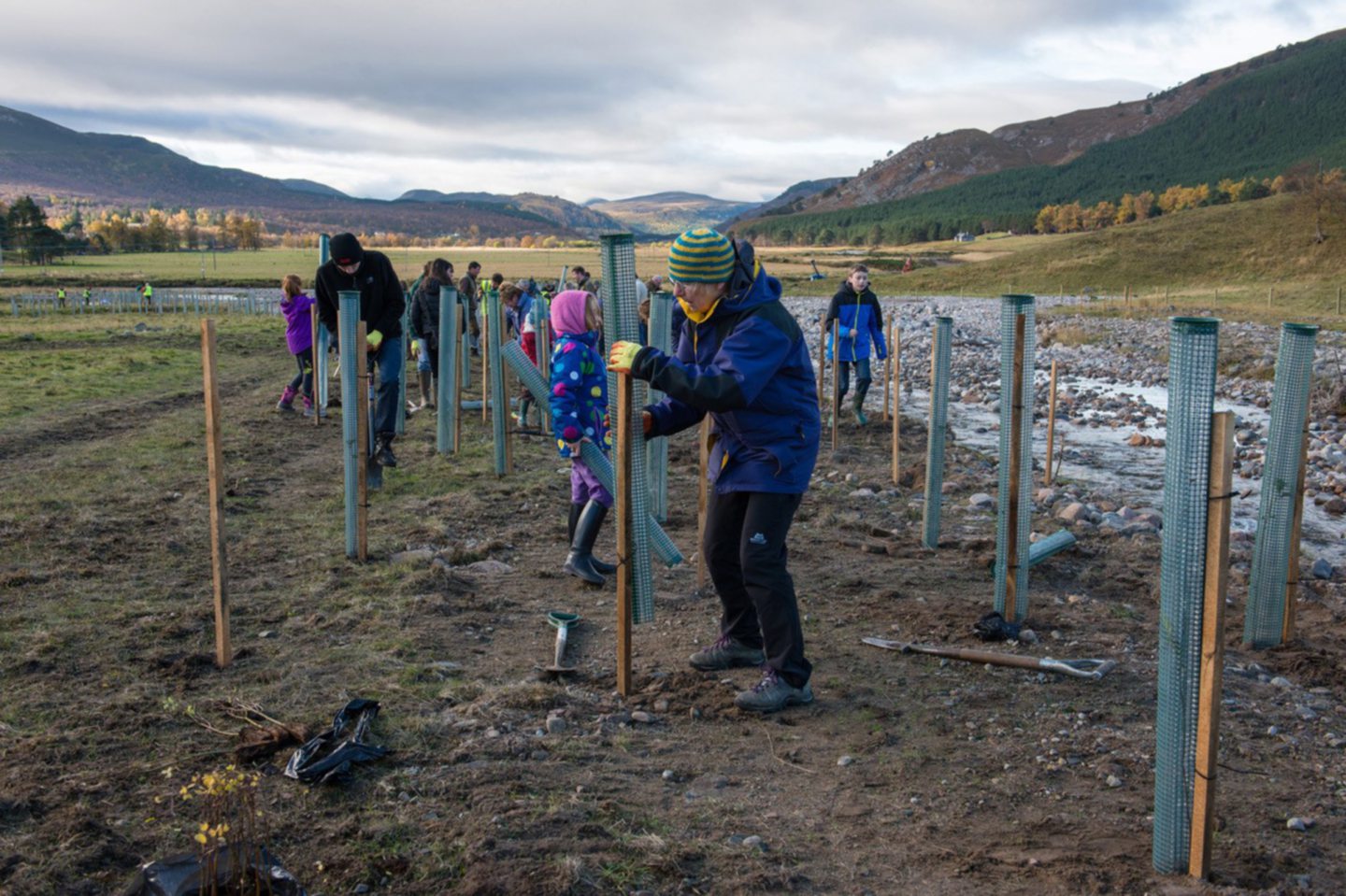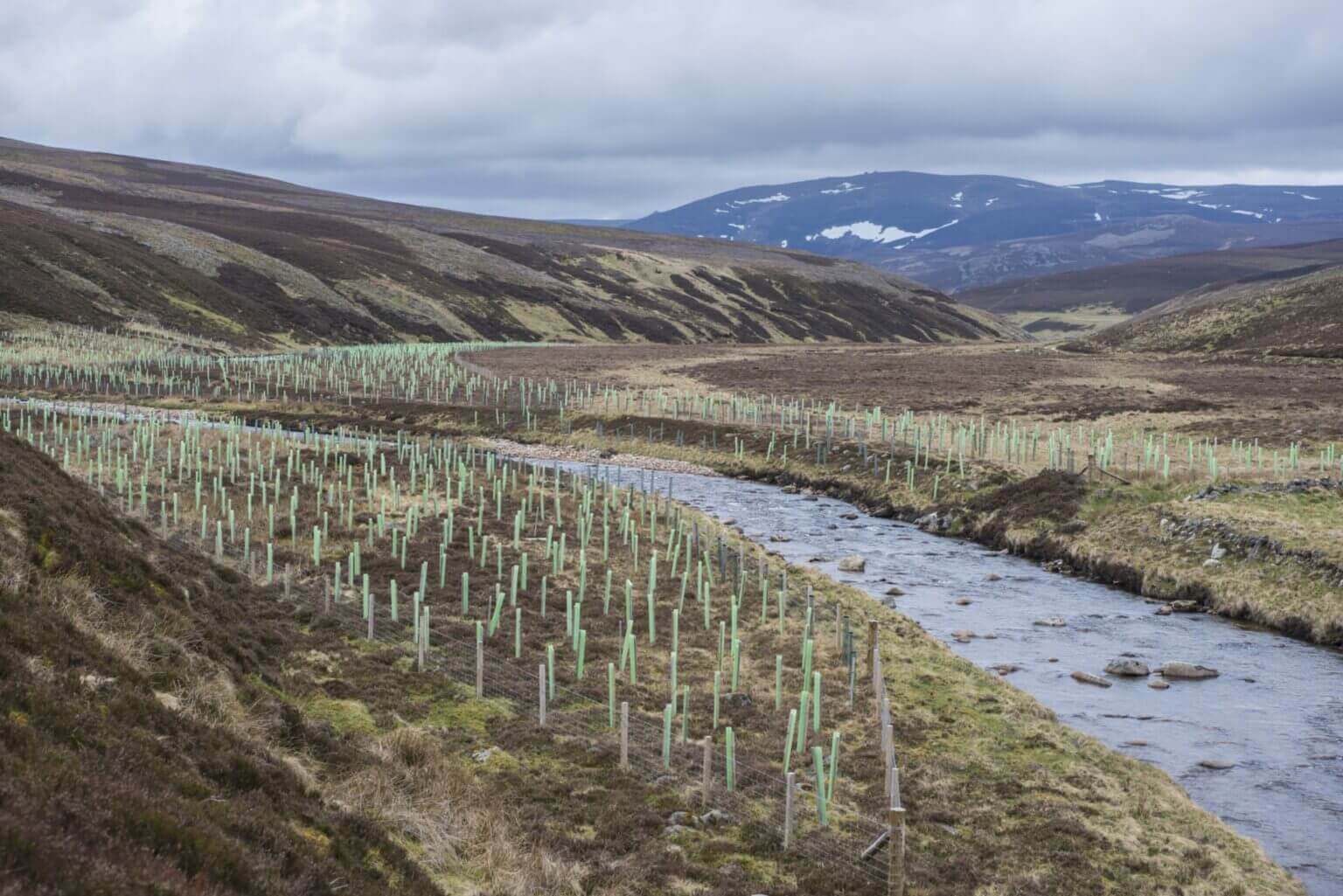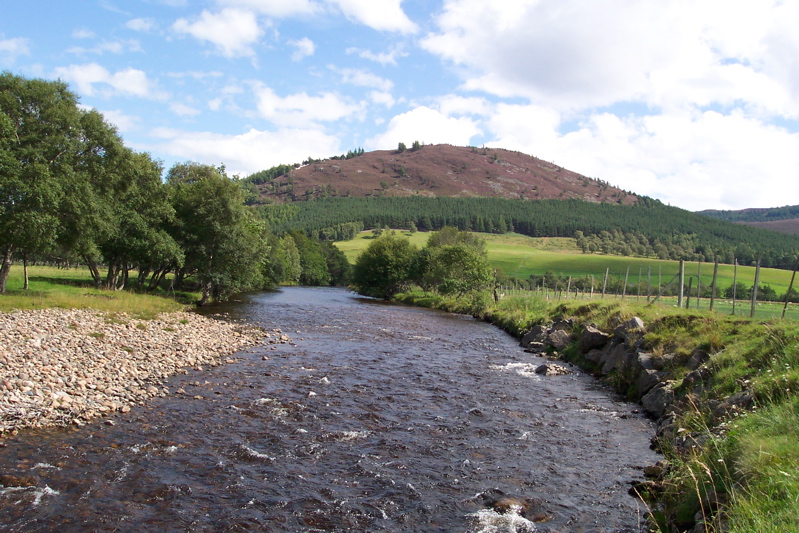
- Sustainable Planet -
- 4mins -
- 398 views
Scotland is planting millions of trees beside rivers and streams to protect wild salmon
The River Dee initiative comes as rising water temperature from climate heating threatens the protected species’ survival.
Scotland to plant millions trees to shade salmon from the sun
As the water temperature rises due to climate change, Scotland is making an initiative to ensure the survival of their wild salmon. The Board and Trust and fisheries of River Dee are planning on planting millions of trees along rivers of Scotland to save wild salmon, considered a protected species, from the worst effects of climate change, according to NatureWorldNews.

Scotland’s rivers are becoming too warm for wild salmon to spawn
In Scotland, the River Dee Board and Trust and fisheries are planting millions of trees along rivers to help save wild salmon from the effects of global warming.
Scotland’s rivers are already becoming too warm in the summer for wild salmon to spawn, putting more pressure on these cold-water fish. Wild salmon prefer water temperatures around 10°C (50°F) and cannot withstand the heat of waters at 33°C (91.4°F).
Fisheries noted the lowest rod catch of salmon in 2018, when water temperatures for about 70% of rivers reached a temperature of 23°C (73.4°F) at least one day of the summer that year, causing heat stress for the fish.
“These rivers and burns are the nursery grounds for young fish and it’s the young fish which will be affected by summer temperatures – their feeding and growth rates are affected,” said Lorraine Hawkins, river director for the Dee District Salmon Fishery Board. “If it gets hotter, we will see fish dying.”
Tree cover can help cool water temperatures, but according to Marine Scotland scientists, only about 35% of rivers in Scotland have enough tree cover for the cooling effect.
Source: EcoWatch

The trees will provide shade, boost biodiversity, help control flooding and manage soil-health
The River Dee Board and Trust has planted thousands of trees along the River Dee and its tributaries since 2013, with plans to plant over 1 million trees in this area by 2035. Planted trees will include juniper, aspen, birch, willow, and Scots pine. Fisheries are also joining to plant millions more trees along remote streams and rivers to further help conserve the wild salmon population.
“We’ve seen situations where the temperatures in our rivers are approaching critical levels for our salmon, temperatures that they can’t tolerate,” said Alan Wells, the director of Fisheries Management Scotland. “This will get worse. We need to grow trees now to create that cooling shade.”
Aside from providing shade, the trees are also expected to boost biodiversity by providing habitat for insects and small animals. They can also help control flooding and manage nutrients for the soil and water.
While planting trees will help reduce water temperatures, wild salmon face a host of threats, including the lack of food due to climate change, dams, increasing populations of seals, sea lice from fish farms, bycatching and poor water quality. Salmon are considered protected in Scotland, and they are included in the list of OSPAR threatened/declining species and the Scottish Biodiversity List.
In addition to the tree planting initiatives, the Scottish government has laid out an action plan to protect salmon by improving water quality, controlling and preventing invasive species, managing salmon exploitation and working with international partners to save Atlantic salmon and other marine species.
Source: EcoWatch

Fishing season now open!
The angling season just started for salmon along rivers like the Dee, in Aberdeenshire, near Cairngorms National Park. Deeside is one of the world’s most famous salmon fishing rivers, and it’s estimated to provide between £5-6 million ($7-8 million) annually to the local communities.


